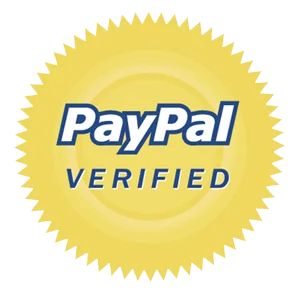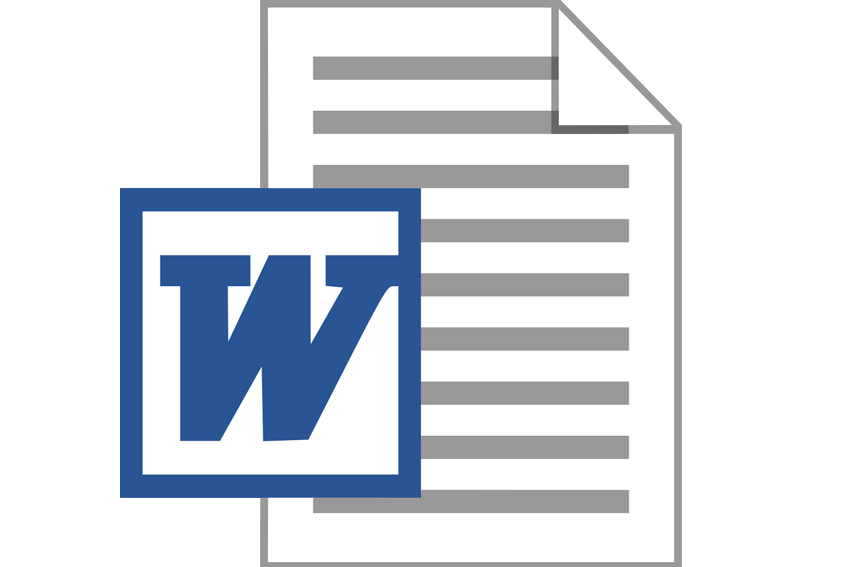the consequent impact of those imports on the Union industry.
Article 10
Initiation of proceedings
1. Except as provided for in paragraph 8, an investigation to determine the existence, degree and effect of any alleged subsidy shall be initiated upon a written complaint by any natural or legal person, or any association not having legal personality, acting on behalf of the Union industry.
The complaint may be submitted to the Commission or to a Member State, which shall forward it to the Commission. The Commission shall send Member States a copy of any complaint it receives. The complaint shall be deemed to have been lodged on the first working day following its delivery to the Commission by registered mail or the issuing of an acknowledgement of receipt by the Commission.
Where, in the absence of any complaint, a Member State is in possession of sufficient evidence of subsidisation and of resultant injury to the Union industry, it shall immediately communicate such evidence to the Commission.
Article 11
The investigation
1. Following the initiation of proceedings, the Commission, acting in cooperation with the Member States, shall commence an investigation at Union level. Such an investigation shall cover both subsidisation and injury, and they shall be investigated simultaneously.
For the purpose of a representative finding, an investigation period shall be selected which in the case of subsidisation shall, normally, cover the investigation period provided for in Article 5.
Information relating to a period subsequent to the investigation period shall not, normally, be taken into account.
Article 13
Undertakings
1. On the condition that a provisional affirmative determination of subsidisation and injury has been made, the Commission may in accordance with the advisory procedure referred to in Article 25(2) accept satisfactory voluntary undertakings offers under which:
(a)
the country of origin and/or export agrees to eliminate or limit the subsidy or take other measures concerning its effects; or
(b)
any exporter undertakes to revise its prices or to cease exports to the area in question as long as such exports benefit from countervailable subsidies, so that the Commission is satisfied that the injurious effect of the subsidies is thereby eliminated.
Article 28
Non-cooperation
1. In cases in which any interested party refuses access to, or otherwise does not provide necessary information within the time limits provided for in this Regulation, or significantly impedes the investigation, provisional or final findings, affirmative or negative, may be made on the basis of the facts available.
Where it is found that any interested party has supplied false or misleading information, that information shall be disregarded and use may be made of the facts available.
Interested parties shall be made aware of the consequences of non-cooperation.
Article 31
Union interest
1. A determination as to whether the Union`s interest calls for intervention shall be based on an appraisal of all the various interests taken as a whole, including the interests of the domestic industry and users and consumers. A determination pursuant to this Article shall be made only where all parties have been given the opportunity to make their views known pursuant to paragraph 2. In such an examination, the need to eliminate the trade-distorting effects of injurious subsidisation and to restore effective competition shall be given special consideration. Measures, as determined on the basis of subsidisation and injury found, may not be applied where the authorities, on the basis of all the information submitted, can clearly conclude that it is not in the Union`s interest to apply such measures.
2. In order to provide a sound basis on which the authorities can take account of all views and information in the decision as to whether or not the imposition of measures is in the Union`s interest, the complainants, importers and their representative associations, representative users and representative consumer organisations may, within the time limits specified in the notice of initiation of the countervailing duty investigation, make themselves known and provide information to the Commission. Such information, or appropriate summaries thereof, shall be made available to the other parties specified in this paragraph, and they shall be entitled to respond to such information.

 Policy analysis
Policy analysis